Final prep at Colney: sharp touches, loud cues, zero drift
Arsenal closed the doors at the Sobha Realty Training Centre and went all‑in on the last details before their Champions League return against Athletic Club. The sessions on September 15–16 were tight, intense, and noisy—the kind that leave no room for loose touches or half‑speed presses. You could feel the switch flip from league rhythm to European urgency.
Mikel Arteta ran a two‑block programme: short, tactical reps followed by high‑intensity conditioning. Staff set up compressed grids to force quick decisions under pressure. Rondos weren’t just warm‑ups—they bled into pressing triggers and outlet patterns. When play expanded, the tempo stayed high. Pass-and-move sequences demanded third‑man runs, with Martin Odegaard directing the angles and Declan Rice policing the rest defence behind the ball.
William Saliba’s return was the headline. He moved well, played risk‑aware but confident, and slipped straight into patterns with Gabriel Magalhães. The pairing looked natural: Gabriel attacked first balls, Saliba swept and played vertical when it made sense. Ben White toggled between a classic right‑back lane and a tighter, inverted role in build‑up. That gave Rice cleaner receiving lines and let Odegaard stay higher between the lines instead of dropping to knit play.
Out wide, Bukayo Saka stayed on his timing. His first touch set up inside‑to‑outside shifts, and you could see the plan: draw the full‑back, release the overlap, then hit the cut‑back lane. On the left, Gabriel Martinelli kept going in behind early, which stretched the pitch and opened room for Kai Havertz to arrive late. Havertz’s work was about timing more than volume—arrivals into the box, body shape on lay‑offs, and the final surge at the back post.
Gabriel Jesus looked sharp in tight spaces. He bullied small‑sided games with turns and quick give‑and‑go actions that forced defenders to bite. In transition drills, he dropped to link, then spun into the channel to keep centre‑backs guessing. The front line rotated a lot—Saka coming inside to act as a No. 10 for a sequence, Martinelli temporarily flipping sides, Havertz dropping as a wall pass for Odegaard—little wrinkles meant to stress Athletic’s man‑oriented tendencies.
Set plays took a full chunk of time. Corners split between outswingers targeting Gabriel and inswingers for late runners. Short‑corner variations tried to draw out a near‑post marker and open the penalty spot. Defending set pieces, the group drilled second‑ball reactions—get out fast, hold the line, block the free runner. With San Mamés known for its aerial duels and long diagonals, that focus made sense.
Beyond the starters, the group had good depth. Rice set the tone, but Jorginho’s cameo reps added calmness on the ball when the tempo dipped. Leandro Trossard drifted between the lines and hit switches with his first touch. Alongside the senior core, young faces Eze, Madueke, and Zubi trained with the group and handled the tempo without looking out of place. It was a small note, but it says something about the staff’s willingness to broaden options early in the campaign.
The work wasn’t just pretty patterns. The staff drilled the ugly but essential bits Athletic will force: winning duels near touchlines, clearing second balls with purpose, and snapping back into shape after turnovers. Carlos Cuesta and the assistants barked cues—"lock it in, force wide, step together"—and players responded with short, loud calls. The sessions felt like rehearsals for a loud away night.
- Build‑up under pressure: two‑four build shapes, keeper involved, quick exits to the weak side.
- Counter‑press cues: immediate three‑second sprints, nearest man engages, cover locks the lane.
- Set‑piece refresh: near‑post screens, deep block outs, rehearsed counters after clearances.
- Wide rotations: Saka/White overloads, Martinelli inside-out runs, Havertz back‑post timing.
- Conditioning: short, brutal runs between tactical blocks to mimic European tempo changes.
By the end, the mood was clear—focused, not flashy. Players finished with small finishing contests and recovery work, then headed inside for meetings and travel briefings. The staff’s final message was about details: clean first touches, immediate pressure after losing the ball, and set‑piece discipline. With the flight to Bilbao booked for late Monday, there was no sense of drift. Everything pointed to San Mamés.
Selection picture, tactical notes, and the San Mamés test
Arteta’s selection puzzle looks more settled than not. Saliba back changes the back line’s personality—calmer on the ball, better field coverage, and fewer emergency fouls. White’s ability to step inside or run the overlap gives flexibility on the right. On the left, the balance between Tierney/Zinchenko profiles shaped recent seasons; here, it’s about who best handles Athletic’s direct switches and high-pressure flurries. Expect pragmatism without sacrificing control.
In midfield, Rice anchors, Odegaard leads the press and the final pass, and the third midfielder toggles between a runner and a stabilizer depending on game state. In attack, Saka’s threat on the right is non‑negotiable, Martinelli’s vertical runs stretch defenses, and Jesus or Havertz offers a different kind of chaos: one with sharp turns and dribbles, the other with late aerial presence and link play. The message is balance: speed without panic, control without slow play.
What about the opponent? Athletic Club at San Mamés is a test of nerve. The place roars from minute one, and the football matches the noise: fast into duels, quick into wide areas, heavy on crosses and second balls. Under a seasoned hand, they don’t complicate the core identity—win battles, run hard, attack spaces early. Expect them to target the back post and the half‑spaces with late runners. Wide threats are a given, and the full‑backs are brave. Arsenal’s defensive spacing on turnovers will matter as much as any scripted pattern.
Key duels almost pick themselves: Saliba versus the first direct ball and subsequent race in behind; Rice against the No. 10 lines, cutting supply into dangerous pockets; Saka facing a physical full‑back who won’t be shy in contact; Martinelli against pressure that tries to pin him near the touchline. The visitors will have to match intensity first, then impose their rhythm. If they get stuck defending second phases for long spells, the night becomes a grind. If they control where the game is played—midfield and half‑spaces—the chances will come.
The tactical trade‑offs are clear. Arsenal want short-to-mid build with clean exits, then quick switches to isolate wide threats. Athletic want to drag the game into end‑to‑end waves, where long diagonals and loose balls decide territory. That’s why Arteta drilled rest defence all week: two plus one behind the ball, wingers tucked just enough to collapse on counters, and a keeper ready to sweep. Substitutions could tilt things—fresh legs for the last 25 minutes at San Mamés often swing momentum either way.
Set‑piece outcomes could be decisive. Athletic lean on corners and long throws to feed the box. Arsenal’s markers need to avoid getting pinned, and the near‑post unit must be switched on. On the other end, Odegaard’s deliveries and rehearsed movements for Havertz and Gabriel can create clear looks if the first contact is clean. In a tight opener, one restart can decide the mood of the night.
Travel and logistics were straightforward. The squad wrapped the final session in Colney, completed recovery and meetings, then flew to Bilbao on Monday evening. A light activation and a short pitch walk are scheduled before matchday, along with UEFA media duties. No grand gestures, no distractions—just routine, which is exactly how Arteta likes it before big nights.
There’s also the bigger picture. This is the first European step of a long season, and the tone a team sets in match one tends to linger. The staff’s schedule reflected that: early tactical meetings, condensed reps, and clear roles. You could sense a methodical approach rather than opening‑night adrenaline. The expectation inside the camp is to play their game, withstand the first surge from the stands, and then let the structure carry them.
For a club that has spent years recalibrating its identity, nights like this measure the progress. The squad looks deeper, the ideas cleaner, and the margins finer. The return of Saliba shores up the foundation, Saka and Martinelli bring the edge, and Rice and Odegaard define the middle. Add Jesus’s street‑football chaos and Havertz’s late‑run threat, and you have a front half built for European away nights.
Training is done. Tactics are set. The noise in Bilbao will be real, and the duels will be relentless. That’s the point. Arsenal wanted this stage back, and now it’s here. The lights go on at San Mamés, and the first step of the campaign begins.

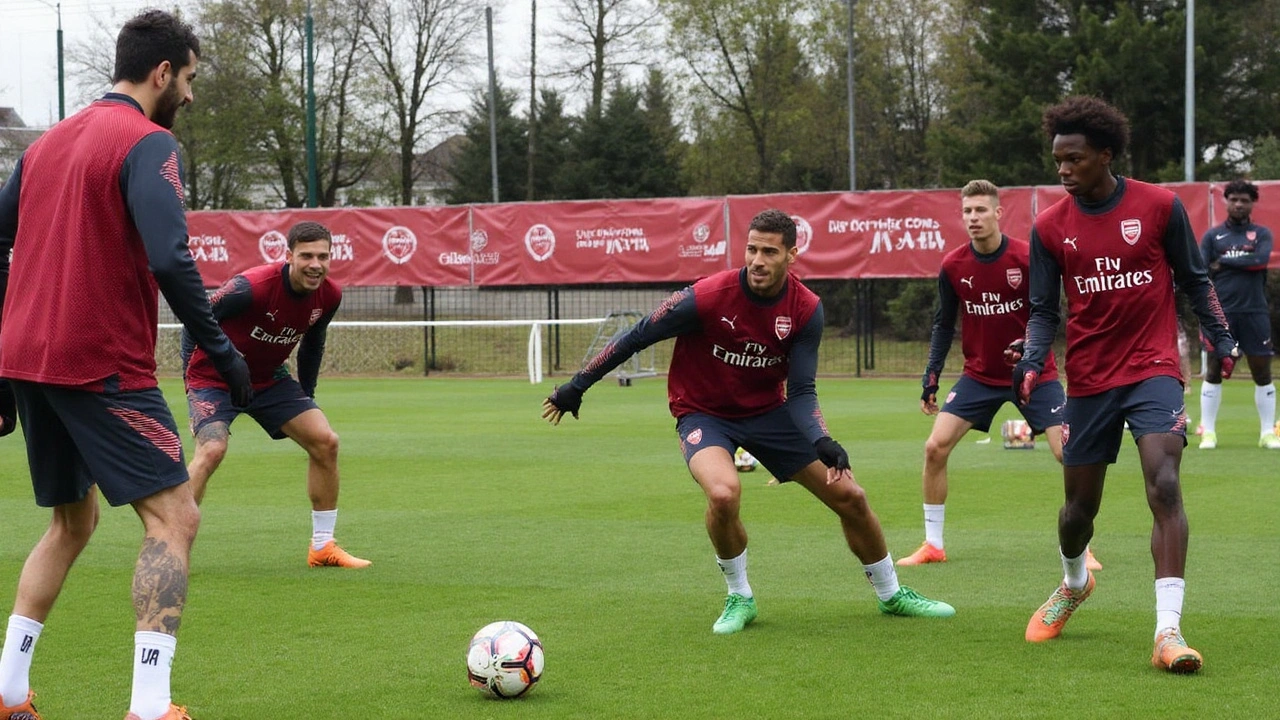
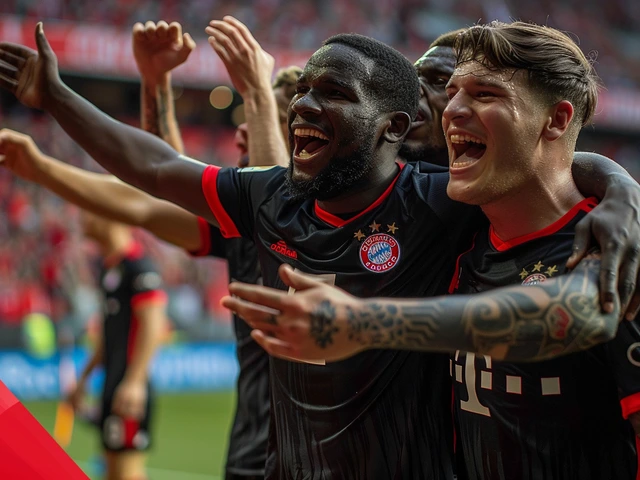
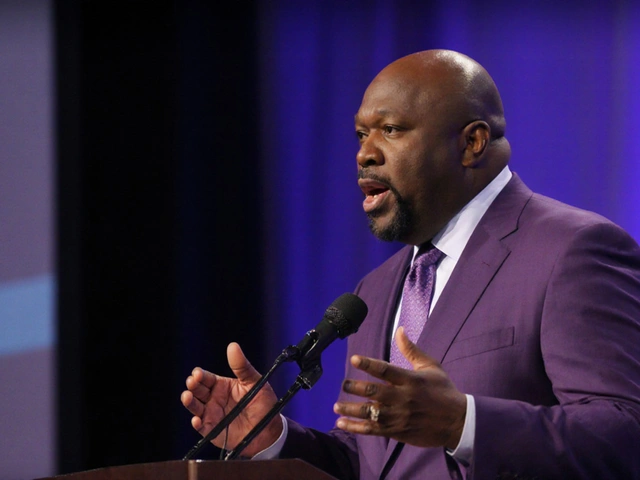
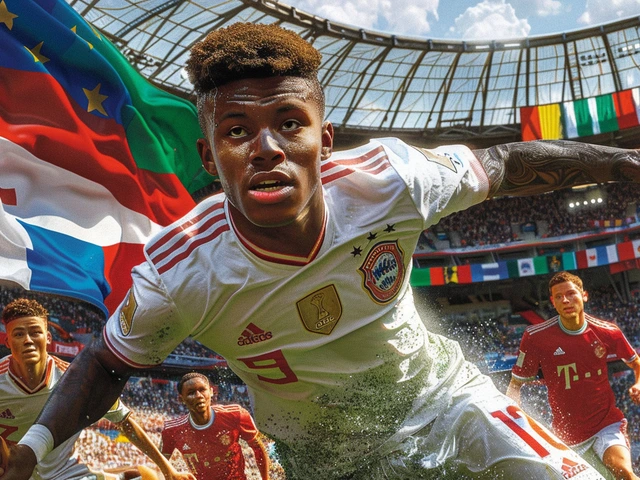
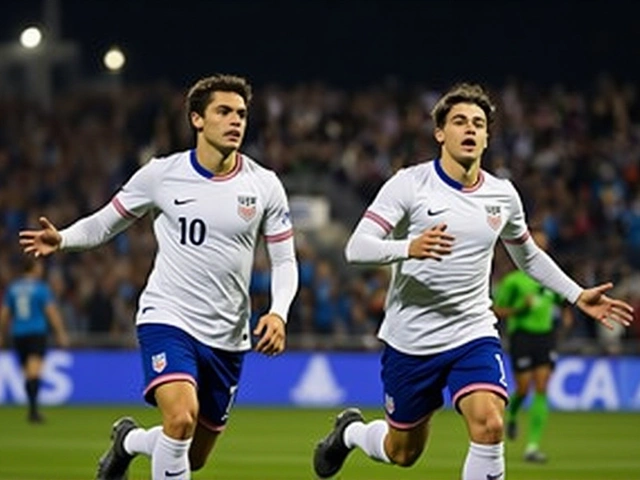
This is the kind of training I want to see! No fluff, just pure football IQ. Arteta’s turning Colney into a war room and I love it. 🚀
Wow. So they spent 2 days drilling how to win a 50/50 ball and call it 'tactical evolution'? I’m sure Athletic Club didn’t bring a clipboard.
Saliba back = Arsenal back in business 😍 This squad’s got that edge now. Let’s go! 💪
Training is just a mirror. If you’re afraid of noise, you’ll never hear your own soul on the pitch. San Mamés will scream. Will you answer?
Funny how 'zero drift' means 'we didn’t let anyone nap' but nobody mentions how many players were actually fit enough to keep up.
Rice Odegaard Saliba Saka Martinelli Jesus = pure fire 🔥
you think this is real? they spent 2 days on 'set pieces' but the real plan is in the backroom with the tech guys using AI to predict Athletic's corner routines. the media doesn't want you to know. the club is hiding the truth. i saw a drone over colney last week. why?
I swear to god if they lose the first leg because someone didn't press hard enough, I’m throwing my phone into the Thames. This is the most intense prep I’ve seen since 2006. Arteta’s not coaching-he’s conducting a symphony of chaos. I’m not ready for this level of emotional investment.
Honestly the whole 'compressed grids' thing is just a fancy way of saying they're doing small sided games. Anyone who thinks this is tactical genius hasn't watched La Liga. Real Madrid do this in their warmups. Arteta's just rebranding basics as 'European urgency'.
I really like how they’re using Zubi and Madueke in training. It’s not just about the starters anymore. The depth is looking legit. You can feel the culture shifting - it’s not just about who starts, but who’s ready when called. That’s what champions are made of.
The precision of the tactical execution is commendable. One must note the structural integrity of the pressing triggers and the spatial efficiency of the third-man runs. This is not merely coaching; it is operational excellence.
They talk about 'no drift' but what about the drift in morale? Half the squad looks like they’re already on vacation. You can’t drill passion.
THIS IS THE MOMENT. The world is watching. The ghosts of 2006 are screaming. If they lose this, Arteta gets fired, the board burns the training logs, and we all go back to watching Premier League reruns. This is bigger than football. This is destiny.
They say 'no drift.' But isn’t drift just the quiet rebellion of the human spirit against over-engineered systems? Maybe the real tactic is to let the players breathe. Maybe the noise is the enemy.
This is exactly what we needed. No hype, no fluff, just hard work. The culture is changing. The foundation is solid. This team’s ready to go to war. Let’s go.
Bro they drilled set pieces for 90 minutes and you think Athletic won’t have a plan? They’ve been doing the same thing since 1987. This ain’t chess, it’s a brawl with a ball.